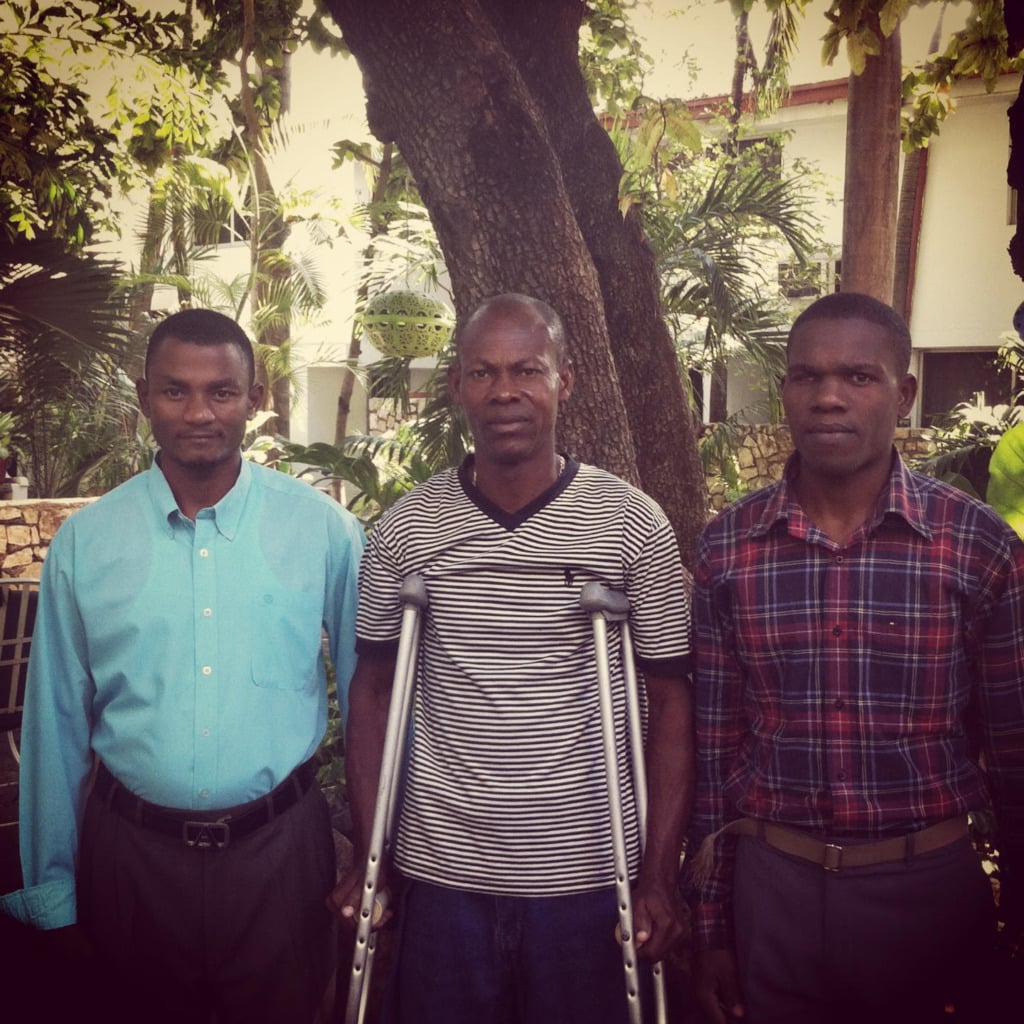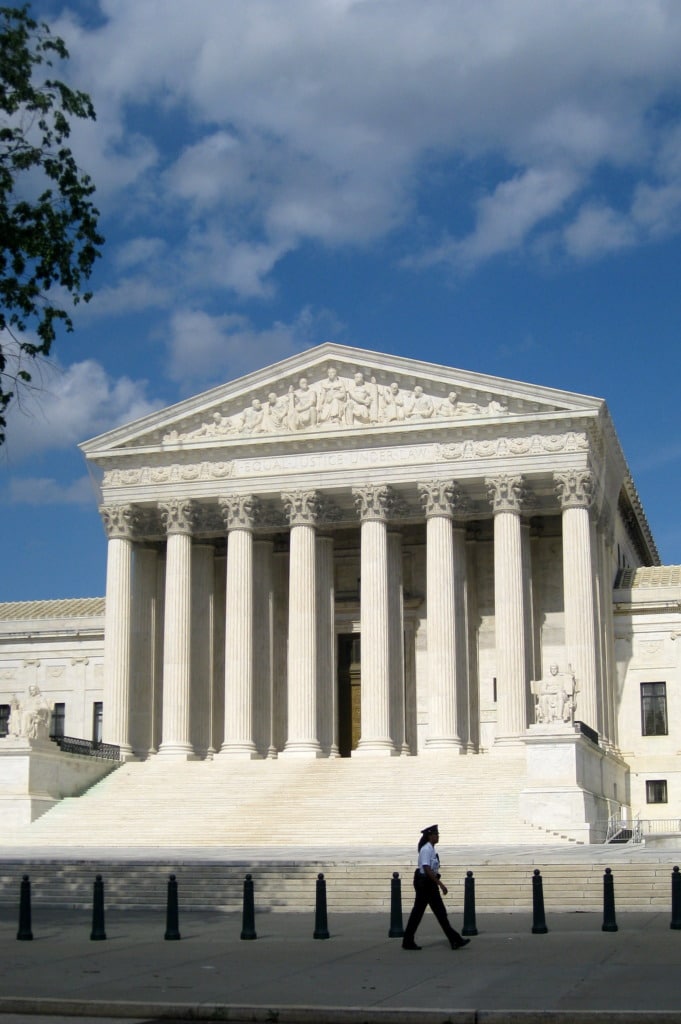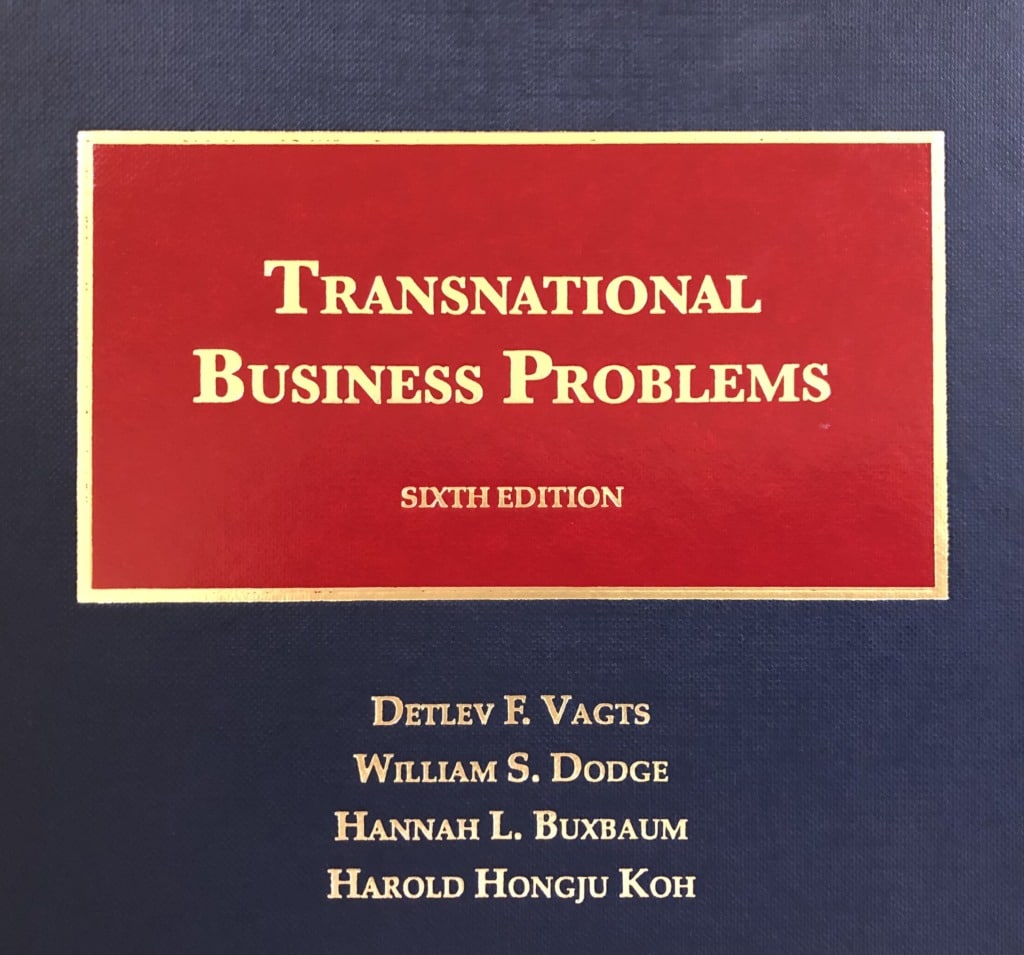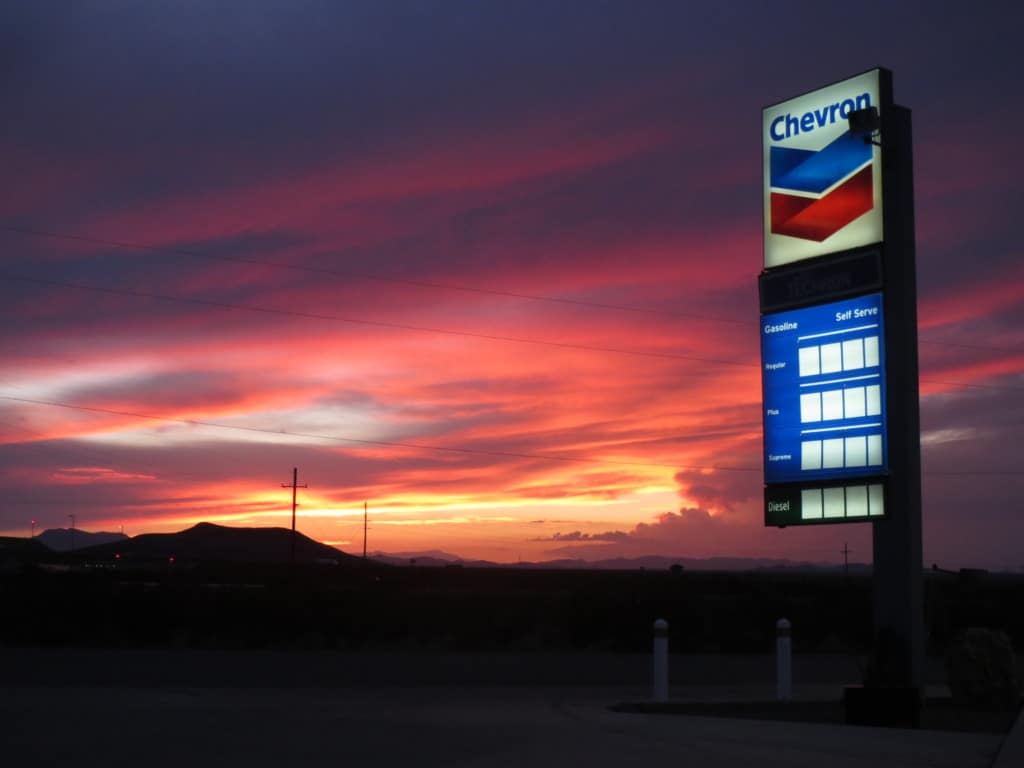State Presumptions Against Extraterritoriality Apply to State Statutes
At TLB, we write a lot about extraterritoriality in general and about the federal presumption against extraterritoriality in particular. For the last three decades, the federal presumption has been the principal tool that courts have used to determine the geographic scope of federal statutes. But what if the statute in question is a state statute?…
Continue ReadingDoes the Securities Exchange Act Apply to Short-Swing Profits Abroad?
Section 16(b) of the Securities Exchange Act requires statutory “insiders” of companies that are registered with the Securities Exchange Commission (SEC)—such as officers, directors, and certain beneficial owners—to disgorge profits from “short-swing” trading within a six-month period. It is a strict liability provision that does not depend on the insiders’ intent. On May 23, 2025,…
Continue ReadingDistrict Court Applies Securities Fraud Provision to Foreign Transactions
Does § 10(b) of the Securities Exchange Act apply to securities on foreign exchanges? Generally, the answer is no. The Supreme Court held in Morrison v. National Australia Bank (2010) that § 10(b)—the Act’s principal antifraud provision—applies only to transactions on U.S. exchanges and to transactions in unlisted securities that occur in the United States….
Continue ReadingConstitutionality of TVPA Challenged in First Circuit
As previously reported at TLB, a Massachusetts jury last year awarded $15.5 million in damages against Jean Morose Viliena for torture and extrajudicial killing under the Torture Victim Protection Act (TVPA). Viliena was mayor of a town in Haiti where the three plaintiffs lived. The jury found him responsible for murdering the brother of one…
Continue ReadingApplying the TVPRA to Foreign Websites
The facts of Doe v. WebGroup Czech Republic are horrific. The complaint alleges that a U.S. citizen, fourteen years old, was filmed being raped, repeatedly, in the United States. Videos of the assaults were uploaded to foreign pornography websites, from which they were then viewed tens of thousands of times in the United States. Are…
Continue ReadingTransnational Litigation at the Supreme Court, October Term 2024
Today is the first day of the Supreme Court’s October Term. This post briefly discusses four transnational litigation cases in which the Court has already granted cert, as well as several others that are in the pipeline and could be decided this Term. Readers can also consult our Supreme Court page. Cases in which the…
Continue ReadingUsing TLB to Teach International Business Transactions
As the fall semester gets underway, we are updating our posts on using resources on TLB to teach various classes. This post discusses International Business Transactions (IBT). Although TLB focuses on litigation and IBT focuses on transactions, there is a great deal of overlap. The most obvious examples are contractual clauses that plan for dispute resolution,…
Continue ReadingSeventh Circuit Explores Copyright and Trade Secret Extraterritoriality
In Motorola Solutions, Inc. v. Hytera Communications Corp. Ltd., the Seventh Circuit recently addressed the extraterritorial reach of two federal intellectual property statutes, the Defend Trade Secrets Act (DTSA) and the Copyright Act. The court held that the DTSA does apply extraterritorially and allowed recovery on that basis. The court, however, rejected the recovery of…
Continue ReadingWhat Does Overruling Chevron Mean for Transnational Litigation?
For the past forty years, under Chevron U.S.A. Inc. v. Natural Resources Defense Council (1984), courts have deferred to an agency’s interpretation of a federal statute when the statute is ambiguous and the agency’s interpretation is reasonable. On June 28, 2024, the U.S. Supreme Court overturned Chevron. In Loper Bright Enterprises v. Raimondo, the Court…
Continue ReadingVirtual Workshop: Beyond the Presumption Against Extraterritoriality
Next Tuesday (July 2), TLB Editor Maggie Gardner will present at the Hamburg Max Planck Institute’s virtual monthly Current Research in Private International Law workshop. The talk, which is open to the public (register here), will begin at 8:00 am EST and will be followed by an open discussion. Here is a description of Maggie’s…
Continue Reading








